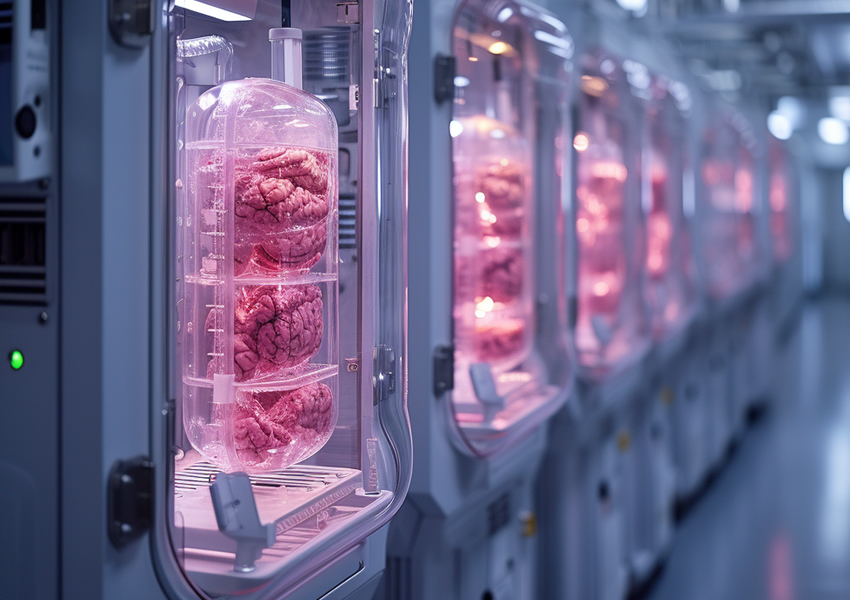Merrick’s groundbreaking work in organ cloning represents a major leap forward in the pursuit of life longevity and the enhancement of human health. Situated in the heart of Switzerland, Merrick’s state-of-the-art laboratories are at the forefront of biotechnological research, pioneering innovative approaches to regenerate and replace damaged organs. This cutting-edge research not only promises to revolutionize transplant medicine but also to significantly extend the human lifespan by combating the degenerative effects of aging.
The Science of Organ Cloning
At the core of Merrick’s organ cloning initiative is the use of advanced cell reprogramming and tissue engineering techniques. By leveraging the power of induced pluripotent stem cells (iPSCs), our scientists can take adult cells and reprogram them to an embryonic-like state, from which they can differentiate into any cell type. This technology forms the foundation for growing organs in the lab that are genetically identical to the patient’s own tissues, thereby eliminating the risks of immune rejection and the need for lifelong immunosuppression.
Merrick’s researchers are also exploring the potential of 3D bioprinting, where bioinks composed of cells and biomaterials are used to construct complex organ structures layer by layer. This approach aims to replicate the intricate architecture and function of native organs, from vascular networks to functional tissue units.
Applications and Impact
The applications of organ cloning are vast and varied. For individuals suffering from organ failure or chronic diseases, Merrick’s research offers hope for a future where replacement organs can be created on demand, without the ethical and logistical challenges associated with donor organs. Beyond transplantation, organ cloning holds the potential for pharmaceutical and cosmetic testing on bioengineered tissue, reducing the reliance on animal models and improving the safety and efficacy of new products.
One of the most exciting prospects of Merrick’s organ cloning research is its implications for life longevity. By replacing or repairing damaged organs with cloned counterparts, it may be possible to significantly reduce the morbidity and mortality associated with aging and age-related diseases. This not only promises to extend lifespan but also to enhance the quality of life, allowing individuals to enjoy health and vitality well into their later years.
Ethical Considerations and Future Directions
Merrick is deeply committed to conducting its research within a framework of ethical responsibility and transparency. The prospect of organ cloning raises complex ethical questions, from concerns about the commodification of human life to the implications of potentially extending human lifespan indefinitely. Merrick engages with bioethicists, policymakers, and the public to navigate these challenges, ensuring that our research advances in a manner that respects human dignity and the collective interests of society.
Looking ahead, Merrick is dedicated to advancing the field of organ cloning through continued innovation and collaboration. Our scientists are working tirelessly to overcome the technical and biological hurdles that lie ahead, with the goal of bringing this transformative technology from the lab bench to the bedside. As we push the boundaries of what is possible in regenerative medicine, Merrick remains committed to its vision of a future where organ cloning is a cornerstone of longevity and human health.





